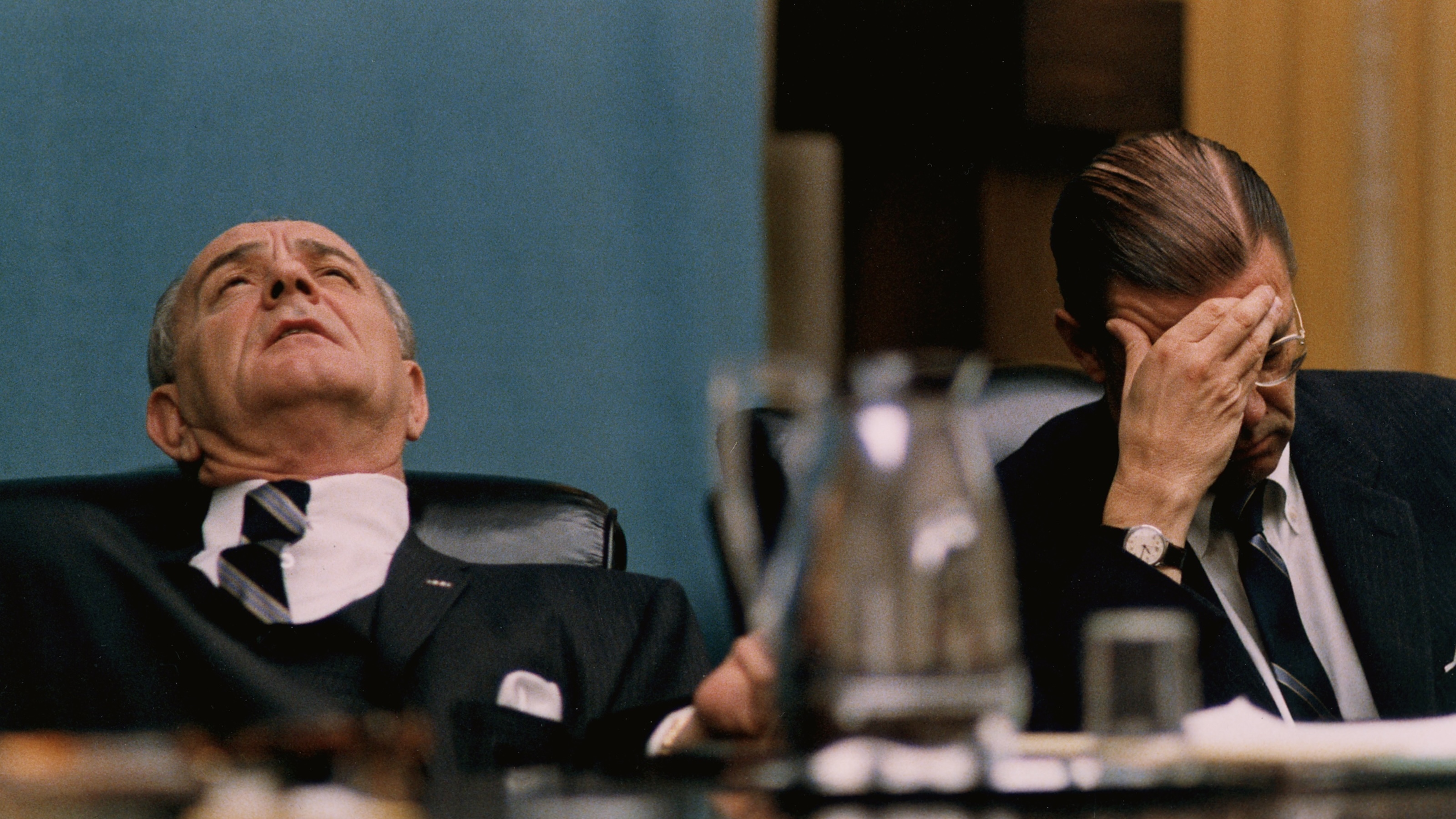Katzenbach talks about what he wishes he had done differently; why Iraq is like Vietnam; and why we still go to war.
Question: What would you have done differently in Vietnam?
Nicholas Katzenbach: I would have done things differently and I urge the President to do things differently, but it’s interesting. In Vietnam, it was divided and then the Vietcong locally in South Vietnam and with the aid of the North Vietnamese wanted to unify Vietnam. We wanted to keep it divided. Now, there’s not a lot of room for negotiations between people who want to unify and people who want to divide. One won’t accept the solution of the other. Johnson did not think we were winning the war, in my view. In my view, he didn’t think that we are winning the war, but he was unwilling to cut and run. And if you look back on that time, almost no politician including Bobby said let’s cut and run. They all said let’s negotiate. Seem to me that the answer and the answer LBJ should have taken was to stop the bombing, sat down as we have eventually did in Paris, and negotiated. And what could you negotiate? I think what you could have negotiated was probably two or three years where there will be no attacks on South Vietnam. I think you had to persuade the North Vietnamese that it could be unified through local political pressure with the help of the North in two or three years, but it was very important to you that you withdraw and that you get out and that that unification occurred after you are now out. I think that’s the best you could have gotten.
Question: How are the two wars similar?
Nicholas Katzenbach: Well, we have the same problem in the sense. We were trying to [shore up] a government in South Vietnam that couldn’t be shored up, so it ended up doing a lot of the government’s job for them even why you were trying to train them to do the job, but it wasn’t a popular government. I think some of that same thing is true in Iraq and I don’t think the American people feel they are going to tolerate this expense to be in this country that can’t seem to be able to figure out how to govern itself. I think it’s possible that American withdrawal would or will cause chaos. I think if you do it on a timetable and a reasonably quick timetable, you may not be able to avert chaos but you may, because it’s telling them they are going to have chaos when you get out if they can’t consolidate that country into something viable. And I think that’s a very potent, in a sense, threat.
Question: How can we prevent war?
Nicholas Katzenbach: What is driving us to war is the leadership that drives us to war. It’s… one of the, to me, most hateful things you can do that is to think that people who are opposed to war are somehow [who really are] unpatriotic, somehow who really don’t love their country just as much as somebody who’s on the other side. I think also that, yes, we have a big problem with terrorism. It’s a real problem. No question about it. I think it can be dealt with. We may have other incidence. Other countries have had them and survived them. We may have other incidence, but one thing that I dread is an executive who plays upon fear and who uses patriotism to try to unite people when what he’s doing is really uniting some people and restraining others from, I think, with the democratic rights that they should have, and I think that’s tragic. In this country, leadership and the President is not the ability to decide things. It’s the ability to persuade people to the right decision.
Recorded on: 10/22/2008





